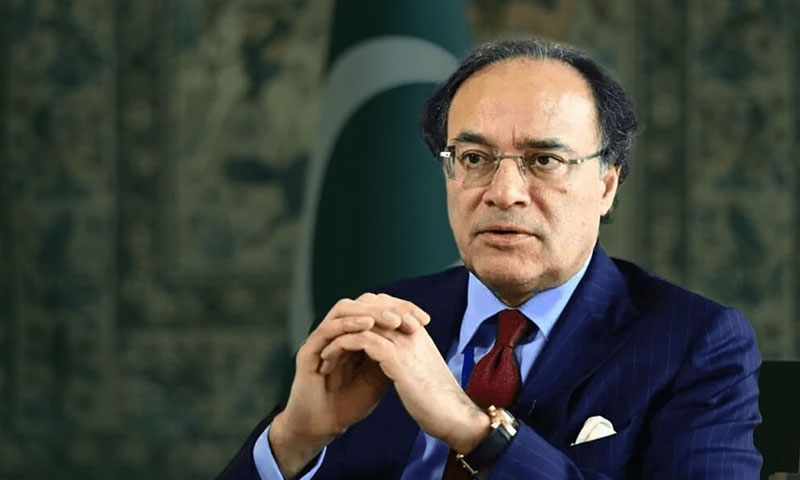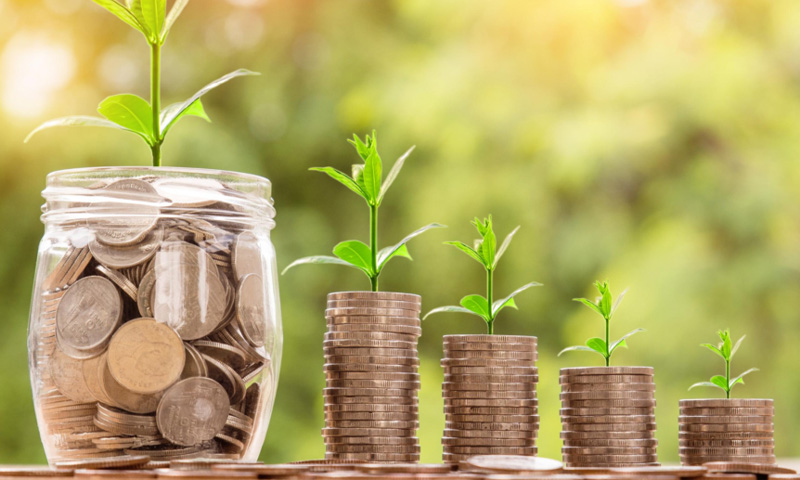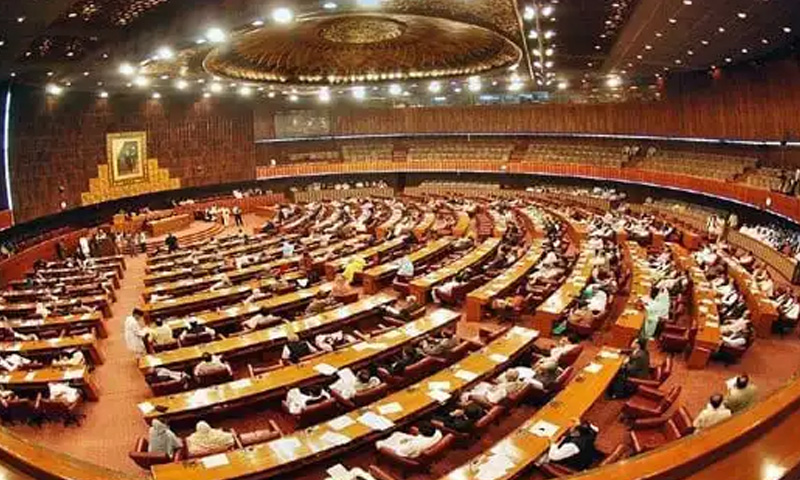Aurangzeb briefs German investors on Pakistan’s improving economic outlook
-

- Web Desk
- 5 Hours ago

Finance Minister Senator Muhammad Aurangzeb met a delegation of German investors and business leaders in Islamabad, led by German Ambassador Ina Lepel, where he highlighted Pakistan’s growing economic stability and ongoing reform agenda.
Aurangzeb said the country’s economy was now moving towards stability on stronger foundations. He noted that foreign exchange reserves were sufficient to cover two and a half months of imports, with expectations to reach the equivalent of three months by the end of the fiscal year. Inflation, he said, was projected to stay between five and seven percent, while the recent cut in the policy rate was expected to ease business costs.
He told the delegation that all three major global rating agencies—Fitch, S&P, and Moody’s—had improved Pakistan’s credit outlook this year. He said the recent staff-level agreement with the International Monetary Fund reflected the Fund’s confidence in Pakistan’s policy direction and commitment to reforms.
The finance minister said the government was firmly implementing reforms in taxation, energy, privatisation, and public finance. The target, he said, was to raise the tax-to-GDP ratio from the current 10.2 percent to 11 percent by the end of this fiscal year, and further to 13 percent over time. Thirty-four state-owned enterprises have been handed over to the Privatisation Commission, with the process already underway.
Aurangzeb said four major foreign firms were actively preparing bids for the privatisation of Pakistan International Airlines, while the government was also restructuring the public finance and pension systems.
He announced that Pakistan would soon issue its first Panda bond in the Chinese market and was also progressing towards re-entering the Eurobond market. He added that issues related to profit repatriation and dividend transfers for foreign companies were being resolved smoothly.
The minister invited German investors to explore opportunities in Pakistan’s technology, energy, and industrial sectors, saying the government welcomed international investment to boost economic growth.
Aurangzeb says Pakistan’s economy on path to recovery with rising global confidence
Finance Minister Muhammad Aurangzeb has said that Pakistan’s economy is steadily recovering, supported by macroeconomic stability, ongoing structural reforms, and a noticeable return of international confidence, reflected in multiple upgrades from global credit rating agencies.
In an interview with CGTN America during his visit to Washington DC for the IMF–World Bank Annual Meetings, Aurangzeb said Pakistan had “consolidated fiscal and external gains,” citing a stable currency, improved foreign exchange reserves, and inflation that has eased to single digits. He added that the policy rate is now half of what it was a year ago, calling this “a clear sign that stability is taking hold.”
He noted that all three major global rating agencies—Fitch, S&P, and Moody’s—had upgraded Pakistan this year, marking the first alignment between them in nearly three years. The IMF has also shown “trust and confidence” in Pakistan’s reform efforts after concluding its latest review under the Extended Fund Facility.
Aurangzeb said Pakistan is in a comfortable position to meet future Eurobond repayments, with the next $1.3 billion due in April 2026. He added that the country is preparing to re-enter commercial borrowing markets, including plans to launch its first Panda bond before the end of the year.
Discussing privatisation, he said the government had made progress this fiscal year, finalising the sale of a small bank to a UAE conglomerate and aiming to privatise Pakistan International Airlines by year-end.
The minister also highlighted progress under the China–Pakistan Economic Corridor (CPEC) Phase 2.0, which was formally launched during Prime Minister Shehbaz Sharif’s visit to Beijing. Twenty-four joint venture agreements were signed, focusing on new investments in mining, agriculture, artificial intelligence, IT, and pharmaceuticals.
Aurangzeb said the government aims to digitise all payments by June next year and expand the use of AI in tax collection, which has already lifted the tax-to-GDP ratio from 8.8 percent to 10.2 percent.
While noting progress, he cautioned that recent floods could slow growth, reducing the GDP forecast from 4 percent to around 3.5 percent. “Climate change is an existential issue for Pakistan,” he said, reaffirming the government’s commitment to economic stability and inclusive, sustainable growth.




